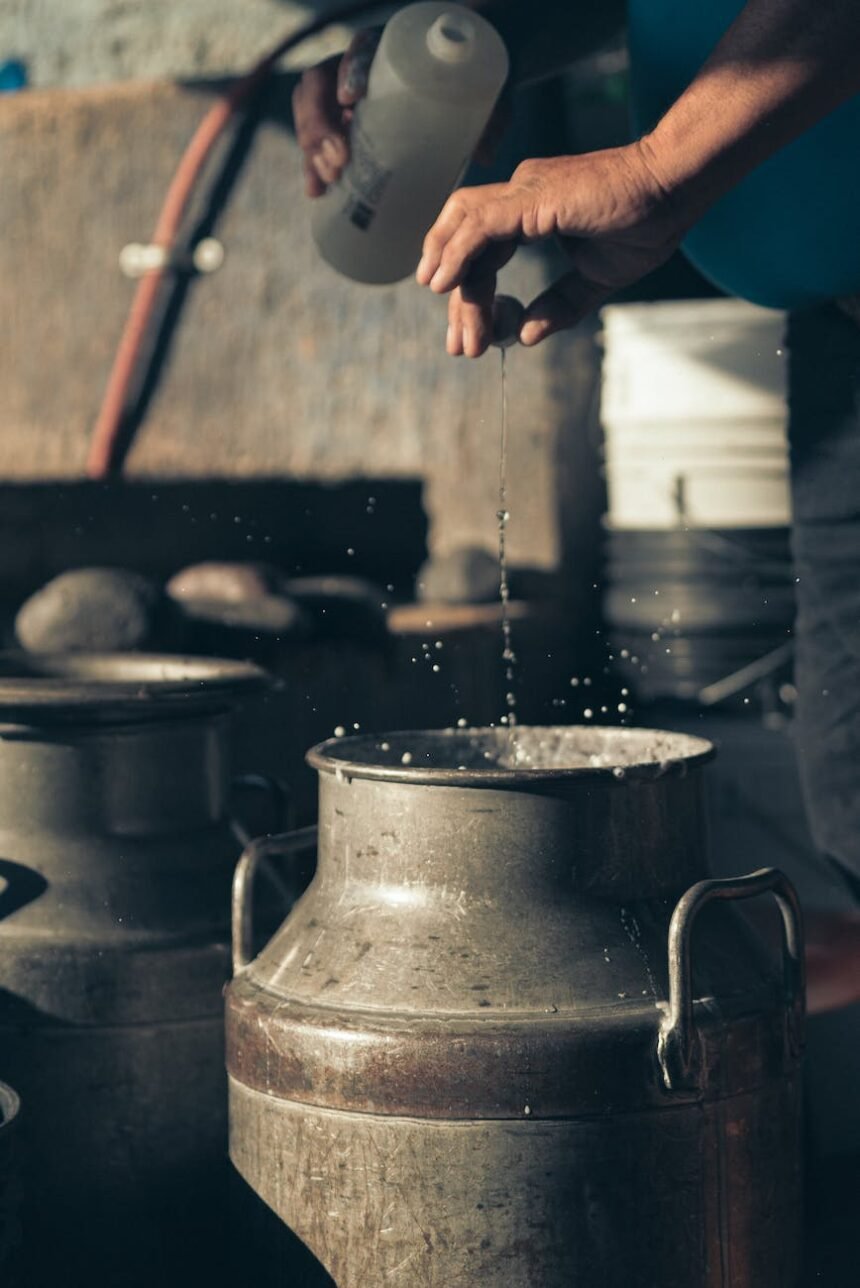A New Zealand raw milk producer has issued a recall after a number of individuals fell ill due to Campylobacter infections. This marks the second time in just a few months that Lindsay Farm brand organic raw milk has been linked to such illnesses. The Ministry for Primary Industries (MPI) reported two potentially associated illnesses and urged anyone who had purchased the affected product not to drink it and to return it to the retailer for a refund. The raw milk was sold in a plastic 2-liter bottle with affected lot numbers ranging from 2612 to 0401 and use-by dates between Dec. 30, 2023, and Jan. 8, 2024 in the Hawke’s Bay region via home deliveries and several registered depots.
It is important to note that raw, or unpasteurized, drinking milk carries a higher risk of bacterial contamination compared to pasteurized milk due to the absence of the heating process that kills harmful bacteria. As a precautionary measure, MPI recommended heating the raw milk to 70 degrees C (158 degrees F) and holding it at this temperature for one minute before consumption.
This recent incident is not an isolated one in New Zealand. In fact, from 2019 to mid-2023, there have been a total of 10 outbreaks associated with people drinking raw milk in the country. In 2022, Lindsay Farm was fined for not following rules around the sale and supply of raw milk, which prompted the company to register under the regulations. This came after a Campylobacter outbreak was linked to the company’s milk in August 2020. Despite these measures, another Campylobacter outbreak was reported in November 2023, involving three confirmed cases, all of whom had consumed Lindsay Farm raw milk.
Additionally, recent outbreaks in New Zealand have also included cases of Bacillus cereus and Clostridium perfringens in October 2023, as well as an outbreak of typhoid fever among seasonal workers in Tairawhiti. These incidents highlight the ongoing challenges in ensuring food safety and preventing the spread of foodborne illnesses in the country.
In light of these recurring issues, public health experts and food safety advocates are calling for stricter regulations and oversight in the production and distribution of raw milk. They emphasize the importance of implementing measures to mitigate the risk of bacterial contamination and ensure the safety of consumers. Some are also advocating for increased education and awareness among the public about the potential health risks associated with consuming raw milk.
The series of incidents involving raw milk in New Zealand has raised concerns about the adequacy of current regulations and the need for stronger enforcement to protect public health. As such, it is crucial for authorities to address these challenges and work towards enhancing food safety standards in the country.
Opinion: While raw milk has gained popularity among certain consumers for its perceived health benefits, the recurring outbreaks of foodborne illnesses associated with its consumption underscore the urgent need for stricter regulations and greater oversight in the production and distribution of raw milk. It is essential to prioritize public health and take proactive measures to minimize the risk of bacterial contamination in food products, particularly those that are consumed raw.



